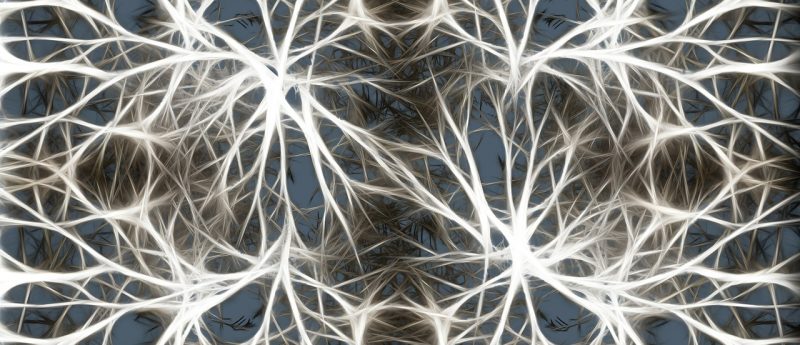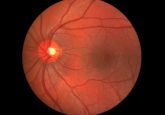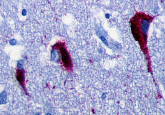Rapid eye movement sleep may help to enhance experience-dependent plasticity in the developing brain

In a new study recently published in Science Advances, a team of researchers from Washington State University Spokane (WA, USA) were able to document the effects of sleep on vision development in young animals. The findings, which highlighted the importance of rapid eye movement (REM) sleep for consolidating changes in brain circuits, help to extend current understanding of children’s sleep requirements but also bring into question the increasing use of REM-disrupting medications. Despite it being known that the amount of REM sleep is higher during the perinatal period compared to in adulthood, prior to the study little was understood about...





